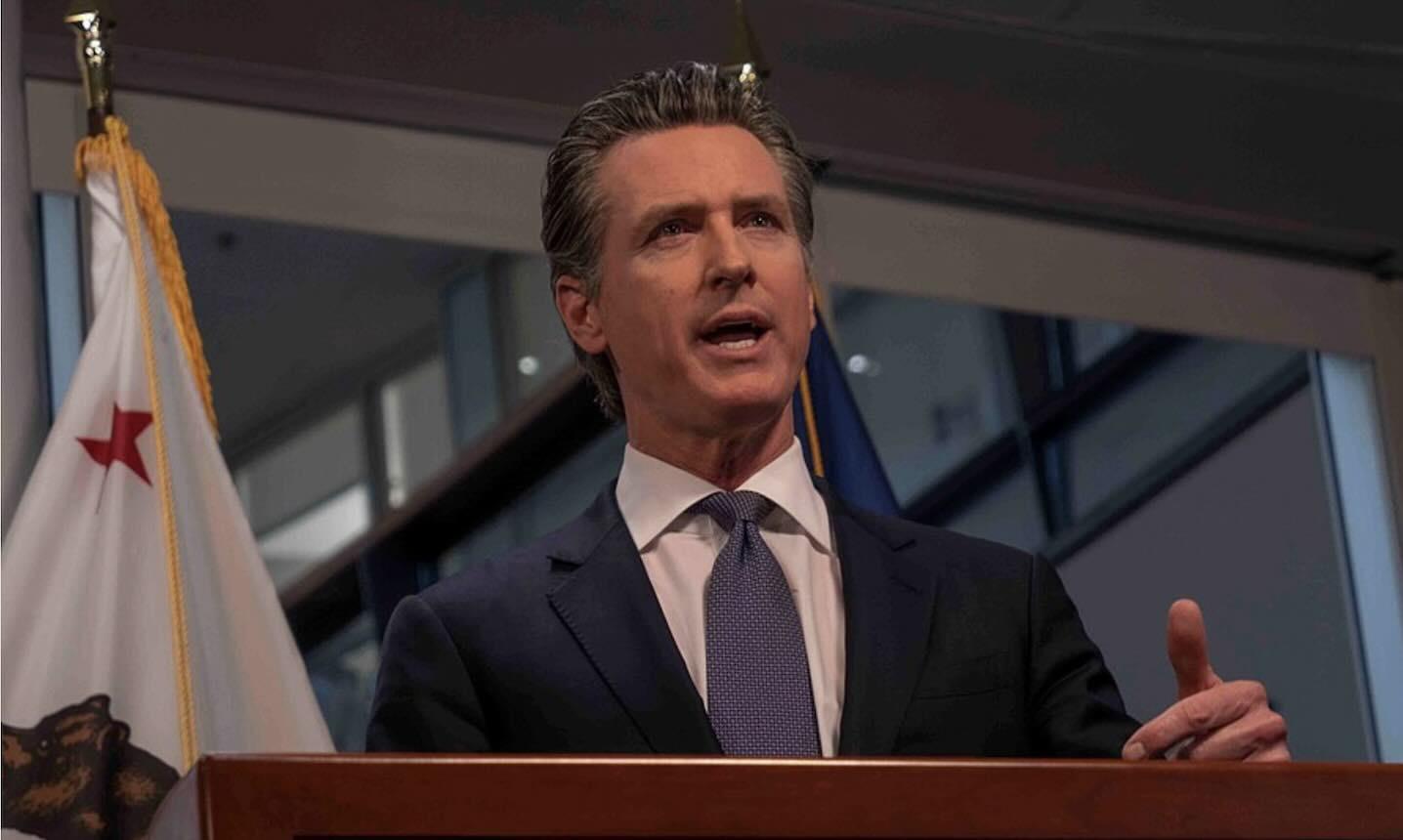 A California commission’s proposal to tax text messages met with strong pushback
A California commission’s proposal to tax text messages met with strong pushback
This week, the California Public Utilities Commission (CPUC) filed a proposal for a statewide “texting tax” that, if passed, would go into effect next month.
The new surcharge — which is currently presented as less than 7 percent — would not tax per-text message, but rather it would appear as a monthly fee on any cellular bills that include fees for text messaging services, according to the 52-page proposal.
Essentially, the applicable texts are traditional text messages, known as SMS or MMS – messages sent via Apple iMessage or WhatsApp won’t count in the tax. (As iPhone users may know, the “green bubbles” in the iMessage app which denote texting a non-iMessage user would be counted in the surcharge.)
A majority of mobile service carriers already offer a flat fee option for texting – this proposal would extend across all carriers. This proposal would also retroactively put a tax on text messaging data that’s up to five years old, though CPUC didn’t expand this mandate further in their initial filing.
California already taxes phone services, which funds public telecommunication services such as the 911 emergency line and subsidized phone rates for low-income users; so, this proposal simply seeks to expand that access by including text messaging in that tax.
Since text messaging has surpassed phone calling as the primary mode of communication among Americans, the idea is that the money generated from this text message tax would make up for “lost revenue” the state used to generate from an existing tax on voice calls.
CPUC is the commission that regulates public utilities operating across the state, overseeing a wide range of public services such as communications (including mobile phone carriers), energy, water and transportation over railways and passenger cars.
Despite what seems to be the greater purpose of the proposal, CPUC has already received pushback for implementing yet another tax.
On Wednesday, Dec. 12, the Federal Communication Commissions (FCC) clarified its definition of text messaging services as “information services” rather than “telecommunications services.”
This means that regulating text messaging services falls outside CPUC realm of control.
Since its announcement the proposal — which contains little detail — has already received pushback from industry trade groups and other business advocacy groups across the Golden State.
The trade association CTIA — which represents AT&T Mobility, Sprint and T-Mobile — is among the most loudest voices opposing the proposal, filing a legal argument on Wednesday, December 12, that if texts are, as the FCC puts it, an “information service” like email, CPUC doesn’t have the jurisdiction to impose surcharges and would therefore violate federal law.
“Subjecting wireless carriers’ text messaging traffic to surcharges that cannot be applied to the lion’s share of messaging traffic and messaging providers is illogical, anticompetitive and harmful to consumers,” the CTIA wrote in its argument.
CTIA also noted that the proposal would complicate the “messaging services” landscape by creating inequity among wireless carriers and other messaging providers like Apple’s iMessage, Viber, WhatsApp, Facebook Messenger, Skype or any social media messaging service, all of which utilize wireless Internet rather than cellular data.
“We hope that the CPUC recognizes that taxing text messages is bad for consumers,” Jamie Hastings, senior vice president of external and state affairs for CTIA, wrote in a statement. “Consumers exchanged 1.77 trillion messages in 2017, making text messages one of the most common and effective means of communication for Americans. Taxing this service would burden those who rely on and use this service each and every day.”
President and CEO of the business advocacy group Bay Area Council Jim Wunderman told USA Today that the proposal’s logistics lacks clarity.
“I don’t know how clear the CPUC has been with answering these questions,” Wunderman said. “Does the sender pay? Does the receiver pay? What if you move out of state but you keep the California number? What if you drive down to Reno, Nevada and get a phone? Can you avoid the charge then? These are all things that would be really hard to resolve.”
After the FCC’s Wednesday ruling, CPUC could alter the draft proposal before it goes to a vote on January 10, 2019. (Klarize Medenilla/AJPress)






